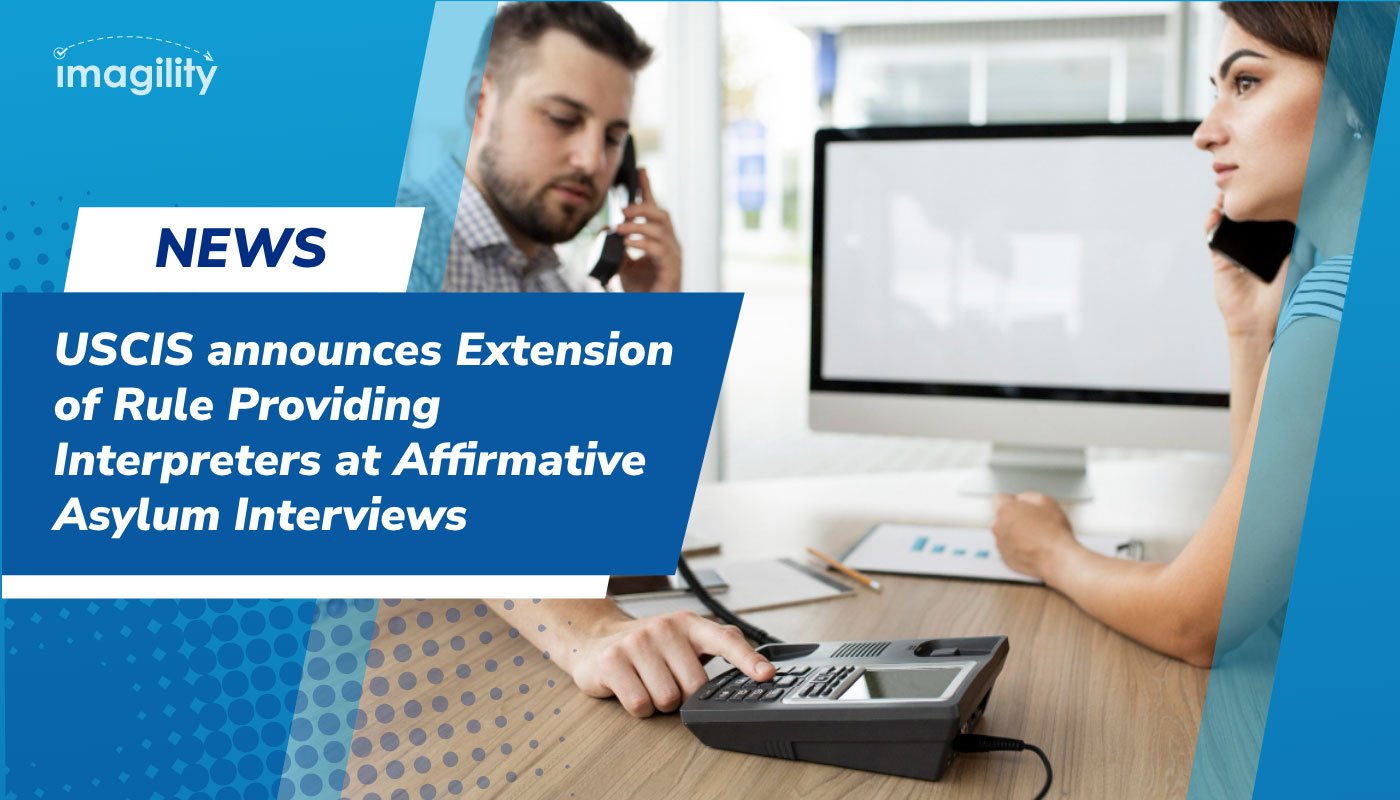In recent updates, key immigration forms, including the I-864, I-864A, I-864EZ, and I-864W, have undergone revisions to enhance and streamline financial support processes for immigrants in the United States. Dated 12/08/21, these editions offer crucial tools for demonstrating financial independence and minimizing reliance on government support.
The I-864 form, applicable to family-based and certain employment-based immigrants, presents a refreshed approach to financial support. Users are urged to download the latest edition, paying close attention to edition dates and maintaining consistency across all pages during completion to avoid potential rejections.
The I-864EZ form, designed for immigrants showcasing adequate financial means, promises a simplified process. With a user-friendly edition date of 12/08/21, this form provides a more accessible pathway for applicants, accompanied by detailed instructions for ease of use.
Household members supporting immigrants can benefit from the newly introduced I-864A form, marked 12/08/21. This form streamlines the commitment of household members by pledging income and/or assets to support sponsored immigrants, ensuring a smoother process with a user-centric approach.
The I-864W form, tagged 12/08/21, emerges as a crucial tool for establishing exemptions from the Affidavit of Support requirement. Applicants seeking exemption can utilize this form by submitting it along with the required documentation to either a consular officer or an immigration officer.
Each form comes with a checklist of required initial evidence, emphasizing the importance of English translations for foreign language documents. Filing fees vary based on location, with detailed instructions provided for both U.S. and international submissions.
These updates aim to simplify the complex immigration process, providing applicants, sponsors, and household members with clearer guidelines and user-friendly forms. The comprehensive changes contribute to a more efficient and accessible immigration journey for individuals and families seeking to establish themselves in the United States.
Source: USCIS



















